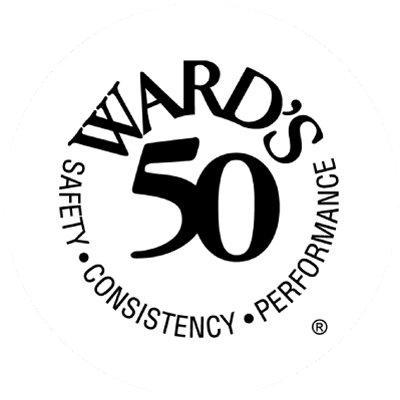Summer is a wonderful time of year with plenty of sunshine and warm days, but those summer days can also bring a variety of weather problems. High heat can make even a sun worshipper take cover.
Make sure you’re prepared for the strong sun and high temperatures by taking a few simple steps.
Hot weather: While hot weather isn’t a “weather emergency”, high temperatures can be dangerous. There are a few hot weather terms to keep in mind:
–Heat wave: A prolonged period of excessive heat and humidity.
–Heat index: A number in degrees Fahrenheit (F) that tells how hot it really feels when relative humidity is factored into the actual air temperature. Exposure to full sunshine can increase the heat index by 15 degrees F.
–Heat exhaustion: Heat exhaustion typically occurs when people exercise heavily or work in a hot, humid place where body fluids are lost through heavy sweating. Blood flow to the skin increases, causing blood flow to decrease to the vital organs, which results in a form of mild shock. If not treated, the victim may suffer heat stroke.
Heat exhaustion symptoms: Cool, moist, pale, or flushed skin; heavy sweating; headache; nausea or vomiting; dizziness; and exhaustion. Body temperature will be near normal.
Heat exhaustion treatment: Get the person out of the heat and into a cooler place. Remove or loosen tight clothing and apply cool, wet cloths, such as towels or sheets. If the person is conscious, give cool water to drink. Give a half glass of cool water every 15 minutes. Do not give liquids that contain alcohol or caffeine. Let the victim rest in a comfortable position, and watch carefully for changes in his or her condition.
–Heat stroke: Hot, red skin; changes in consciousness; rapid, weak pulse; and rapid, shallow breathing. Body temperature can be very high, as high as 105 degrees F. If the person was sweating from heavy work or exercise, skin may be wet; otherwise, it will feel dry.
Heat stroke/sunstroke symptoms: Heat stroke is life-threatening. The body temperature can rise so high that brain damage and death may result if the body is not cooled quickly.
Heat stroke treatment: Help is needed fast. Call 9-1-1 and move the person to a cooler place. Immerse victim in a cool bath, or wrap wet sheets around the body and fan it. Watch for signals of breathing problems. Keep the person lying down and continue to cool the body any way you can. If the victim refuses water or is vomiting or there are changes in the level of consciousness, do not give anything to eat or drink.
Keep yourself safe!
If a heat wave is forecast or happening:
-Stay indoors as much as possible. If air conditioning is not available, stay on the lowest floor, out of the sunshine. Remember, electric fans do not cool the air, but they do help sweat evaporate, which cools your body.
-Drink plenty of water regularly and often. Your body needs water to keep cool. Water is the safest liquid to drink during heat emergencies. Avoid drinks with alcohol or caffeine; this is especially true of beer, which dehydrates the body.
-Never leave young children or pets alone in a car, especially on a warm day. On a 78-degree day, the temperature inside a parked car can soar to 100 degrees in just minutes, and on a 90-degree day, the interior temperature can reach as high as 109 degrees in less than 10 minutes.
-Avoid strenuous activity. If you must do strenuous activity, do it during the coolest part of the day, which is typically between 4:00 a.m. and 7:00 a.m.
-When spending time outside, wear sunblock with an SPF of 30 or higher, and look for broad-spectrum protection (which protects against UVA and UVB rays).
-“Crack” car windows, use windshield sun-ray deflectors, and park in the shade.
-Run errands or shop in early morning hours or after sunset.
-Wear lightweight, light-colored clothing.
For more information:
National Weather Service -National Hurricane Center: www.nhc.noaa.gov/prepare
American Red Cross: www.redcross.org/get-help/prepare-for-emergencies/be-red-cross-ready


